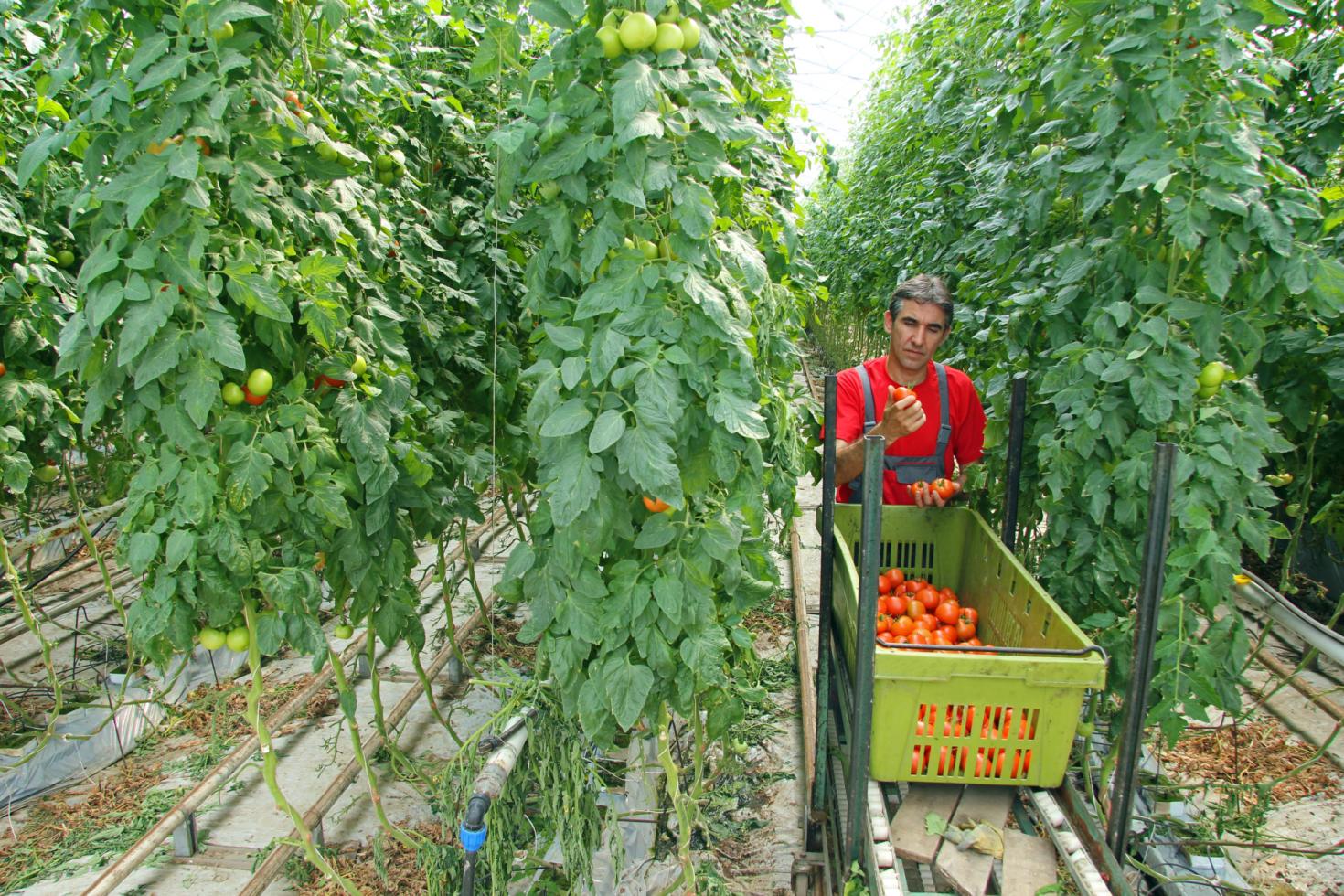The organizations signed a cooperation agreement to undertake a project that will benefit regions in the Mesoamerican Dry Corridor, Northeast Brazil and mid-mountain areas.

San José, 19 July 2018 (IICA). The Inter-American Institute for Cooperation on Agriculture (IICA) and the International Fund for Agricultural Development (IFAD) signed an agreement to undertake a three-year project that will seek to generate knowledge and good practices to assist family farming in the Americas to adapt to climate change.
The agreement was signed by the Director General of IICA, Manuel Otero and IFAD President, Gilbert F. Houngbo.
According to IICA’s Specialist in Inclusion and Agriculture in Rural Areas, Byron Miranda, who is leading the initiative, the project, entitled “Knowledge Management for the Adaptation of Family Farming to Climate Change (INNOVA-AF), will benefit communities in the Mesoamerican Dry Corridor, Northeast Brazil and mid-mountain regions.
Miranda explained that, “We are in the preparatory stages, and are organizing ourselves to establish the operational unit and to develop the annual operational plan and other details. A list of countries has been prepared, but we are refining it, based on the complex conditions that these countries face to develop their lands, while contending with climate change. The proposal will include a series of criteria that we will use to select the eight countries in which we will be working. There will be several in Central America, in the Andean Region and in Brazil”.
The expert also disclosed that the project will attempt to make its impact felt not just in the priority regions, but will also seek to benefit areas on a wider scale, which is the greatest challenge of this type of initiative.
It will quickly mobilize tangible innovations, such as technology, and intangible ones such as institutional arrangements and models, inter alia, to enable those rural communities with areas that are under cultivation to increase their resilience to the impact of climate change.
Miranda further explained that, “In most cases, innovative solutions offered by programs and projects, even when they succeed, have a short-term, localized and limited impact. In order to expand their scope, we must design interventions to allow for geographic expansion, replication, adaptation and sustainability, until they reach the point where they have a sustained and widespread impact, and have become large-scale benchmarks”.
FIDA donated USD 2,000,000 for the project. IICA will spearhead and implement the initiative, with the support of two partners: the Agricultural Research Center for International Development (CIRAD) and the Tropical Agricultural Research and Higher Education Center (CATIE).
About IICA
IICA is the specialized agency for agriculture in the Inter-American system, with a mission to encourage, promote and support its 34 Member States in their efforts to achieve agricultural development and rural well-being through international technical cooperation of excellence.
More information:
José Alfredo Alpízar, Press and Outreach Coordinator, IICA











